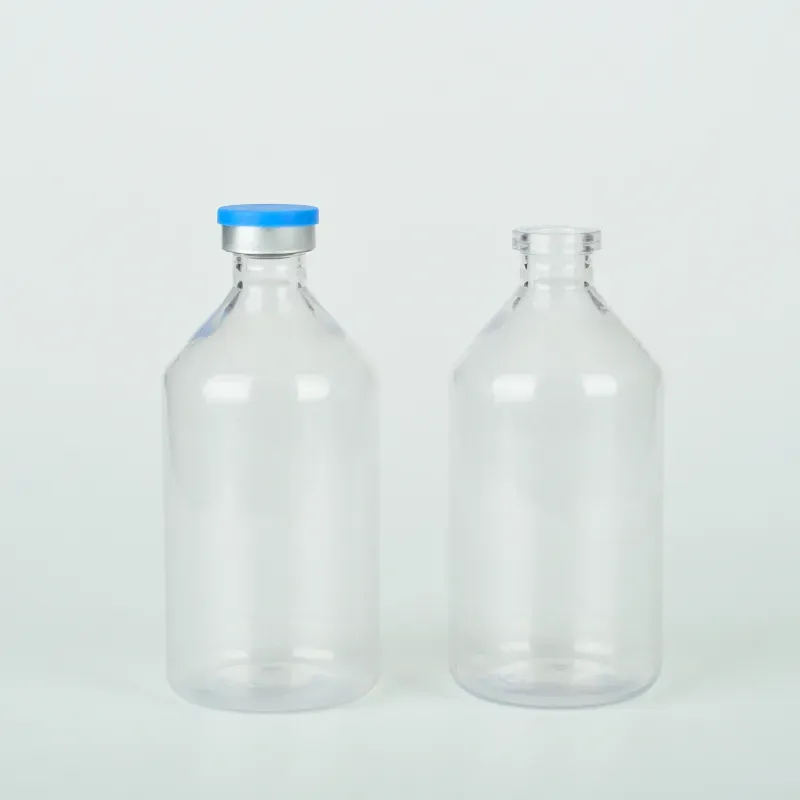https://www.wahmg.com/)">
Benefits and Uses of Narrow Mouth Reagent Bottles in Laboratory Settings
Benefits and Uses of Narrow Mouth Reagent Bottles in Laboratory Settings
The Function of Narrow Mouth Reagent Bottles
Narrow mouth reagent bottles are essential tools in laboratories, primarily used for storing and handling chemicals. Their design is specifically tailored to accommodate various laboratory needs, offering both functionality and safety in chemical management.
One of the primary functions of narrow mouth reagent bottles is to minimize the risk of spills and contamination. The narrow opening restricts the flow of the liquid, allowing for precise pouring and reducing the likelihood of accidentally splashing or spilling hazardous substances. This feature is particularly crucial when working with volatile or toxic chemicals, as it helps maintain a safe working environment for laboratory personnel.
Moreover, the narrow mouth facilitates the use of droppers and pipettes, which are essential for accurately measuring small quantities of liquid. The design allows for controlled dispensing, ensuring that chemists can work with precision. This is vital in experiments where even a slight deviation in chemical amounts can lead to significant variations in results.
narrow mouth reagent bottle function

Another significant advantage of narrow mouth reagent bottles is their compatibility with a variety of closures. These bottles can be fitted with different types of caps, including screw-on lids and dropper tops, allowing for secure storage and easy access. The tight seals help prevent evaporation of volatile substances and protect the contents from contamination, further enhancing the integrity of stored chemicals.
Narrow mouth reagent bottles are also designed to withstand a range of environmental conditions. Made from robust materials such as glass or high-density polyethylene (HDPE), these bottles provide excellent chemical resistance and durability. Glass bottles, for instance, are perfect for storing corrosive agents, while HDPE bottles are lighter and less prone to breakage, making them suitable for various laboratory applications.
In addition to their functional benefits, narrow mouth reagent bottles are often labeled clearly, ensuring that chemicals can be identified quickly and easily. This is an important aspect of laboratory safety, as proper labeling minimizes the risk of mishandling chemicals.
In conclusion, narrow mouth reagent bottles play a crucial role in laboratory settings. Their design enhances safety, precision, and storage efficiency, making them indispensable for chemists and researchers. As laboratories continue to evolve, the importance of these specialized containers remains paramount, ensuring that scientific inquiry can proceed safely and effectively.
-
Wholesale Plastic Juice Bottles with Caps 16 oz Options Available Bulk Packaging SolutionsNewsJun.10,2025
-
Laboratory Apparatus Reagent Bottle – Durable & Chemical Resistant Bottles for Safe StorageNewsJun.10,2025
-
Squeezable Dropper Bottles Durable, Leak-Proof & CustomizableNewsMay.30,2025
-
Affordable Plastic Petri Plates Sterile & Disposable Lab-GradeNewsMay.30,2025
-
Eye Dropper Caps Precision 24/410 & Plastic Bottle-Compatible TipsNewsMay.30,2025
-
Affordable Mini Spray Bottle Price & Wholesale Deals Shop NowNewsMay.29,2025





















